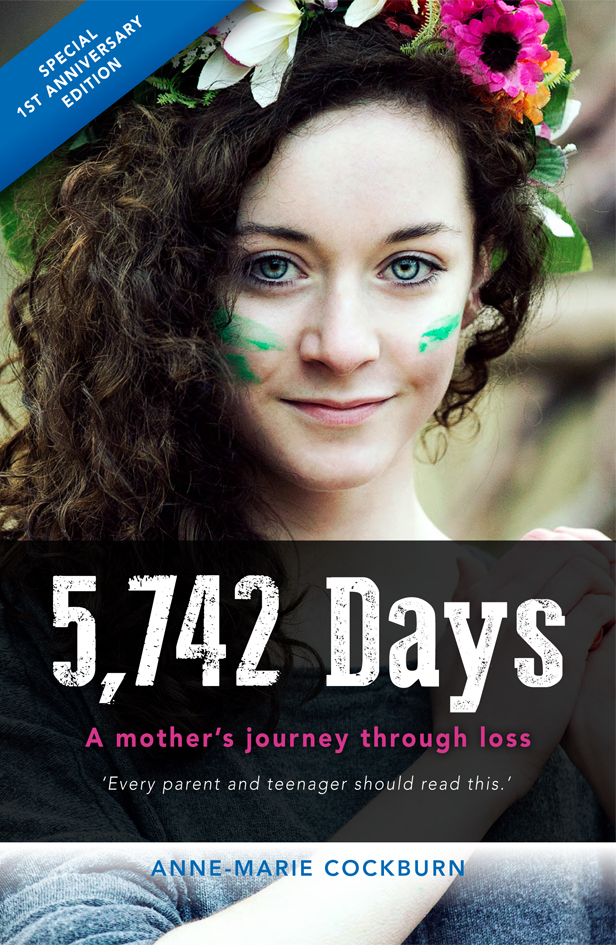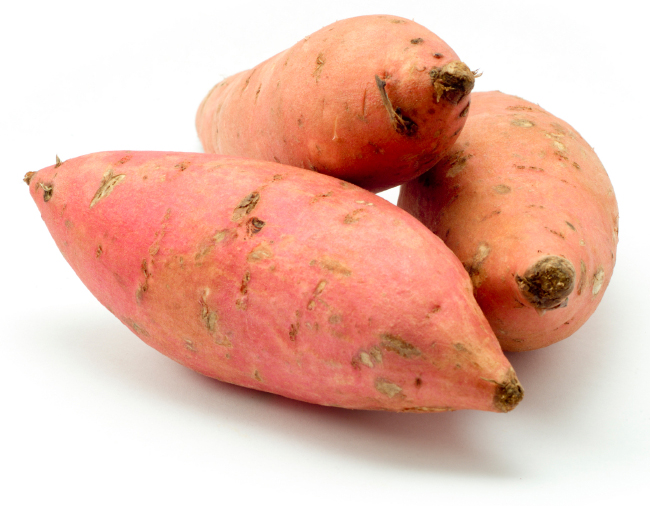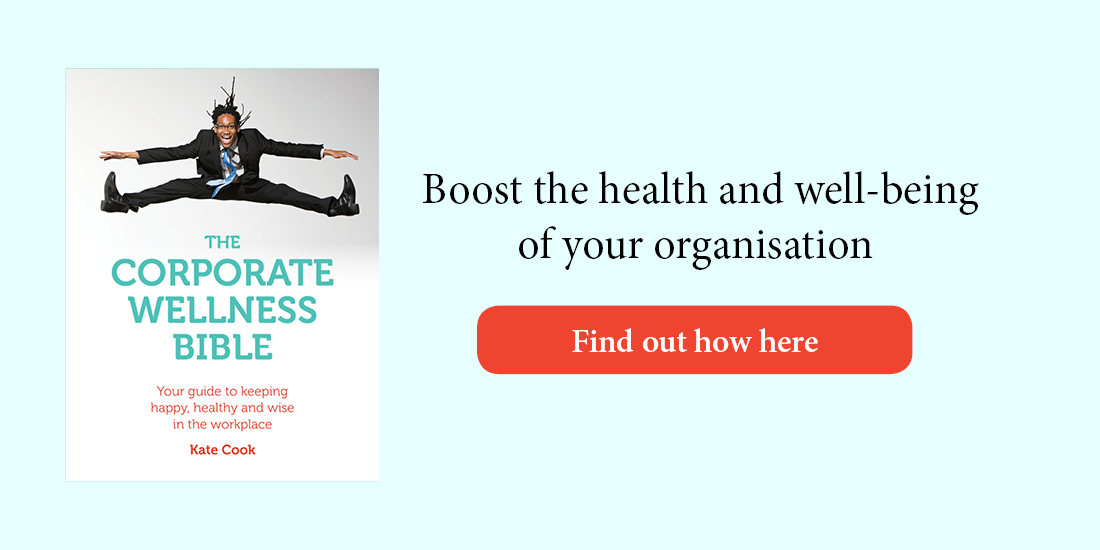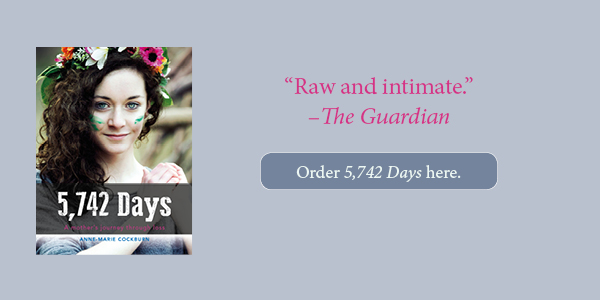Lifestyle
Tackling the rising rates of obesity from your desk
9 July 2014 by Catherine Holdsworth in Lifestyle
There have been plenty of warnings in the past few years about the rise in obesity in the world but are we really considering the financial costs to ourselves? Never mind the extra expense of a family bag of fun-size Mars bars, how much will treating the effects of obesity really cost you?
Alarming statistics suggest that almost 5% of the Scottish population now have type 2 diabetes: a direct cause of obesity. Factor in the cost of regular trips to the doctor, prescriptions and extra treatment and the bills soon add up. This therefore begs the question, should obese patients pay for treatment that is putting a strain on the already-stretched medical facilities?
In most cases, doctors agree, obesity is self-inflicted, and is becoming more of a strain on medical resources than life-long smoking. We’ve all seen the programmes about The World’s Biggest Man, and Embarrassing Fat Bodies, which make for compelling viewing. What is it about this self-destructive condition which makes us unable to look away? Surely we should take our own health more seriously.
Nowadays we are more plugged-in than ever before, with more of us employed in office jobs that don’t give us the opportunity to get up and walk around. The temptation to sit at our desks and open a packet of cookies is too easy. Joining a gym seems an easy way to combat obesity but all too often those memberships go unused. However, with the ever-rising cost of medical treatment, eating healthily at work can be a small and relatively cheap way to improve your general health.
They say charity begins at home, and in a similar vein getting healthier can begin in the office. Nutritionist Kate Cook advises that, while sugary foods give us an instant rush, the comedown, particularly at work, can be really tough. When those cravings hit, Cook suggests eating small, balanced meals and snacks to keep your energy levels high.
Cook also suggests that though exercise can take some motivation, it can give you a much-needed boost, increase your confidence and reduce your appetite. Even little things like taking the stairs rather than the lift can add up to make a huge difference to your day to day life.
Responsible employers encourage their employees to be healthy and happy; our Corporate Wellness Bible is full of hints and tips. Your health is your most important asset.
Bereaved mother wants to spread the word about consequences of recreational drug use
7 July 2014 by Rebecca in 5742 Days, Lifestyle
An Oxfordshire mother who wrote a book documenting her experiences after losing her only daughter to recreational drug-use is making free copies available to readers around Oxford city centre in the hope that, by reading of her experiences, others can avoid the fate suffered by her daughter.
Sunday 20 July 2014 is the first anniversary of the death in Oxford of Martha Fernback. To mark the occasion Martha’s mother, Anne-Marie Cockburn, author of 5,742 Days: A mother’s journey through loss, and her publisher Infinite Ideas will leave free copies of a special anniversary edition of the book, published this month, in various parts of the city. These free copies carry a sticker inviting ‘Infinite Readers’ to take the book away, read it and then bring it back to the same spot for someone else to experience. The book will be found in public places throughout central Oxford on 19 July 2014.
Anne-Marie has recently called for drugs to be regulated. She says:
 “What is crystal clear to me now is that strict and responsible regulation of drugs is vital. This means taking drugs out of the hands of dealers and treating them in the same way as pharmaceuticals. Licensed drugs are labelled, ingredients are listed and necessary dosage information is provided.
“What is crystal clear to me now is that strict and responsible regulation of drugs is vital. This means taking drugs out of the hands of dealers and treating them in the same way as pharmaceuticals. Licensed drugs are labelled, ingredients are listed and necessary dosage information is provided.
Under prohibition, it is impossible to fully educate people as there is no way to tell what drugs contain, but despite this, many people are still willing to take risks.
It is important to stress that we need to do what we can in order to deter young people from taking drugs. However, had Martha known that what she was about to take was 91% pure, she would probably have taken a lot less, in fact I’d go as far as to say that she might still be alive.
Martha wanted to get high, she didn’t want to die. No parent wants either, but there’s one of those options that’s preferable to the other.”
 Anybody who finds a book can let Anne-Marie and Infinite Ideas know via Twitter @5742Days; @Infinite_Ideas.
Anybody who finds a book can let Anne-Marie and Infinite Ideas know via Twitter @5742Days; @Infinite_Ideas.
ENDS
For further information contact:
Catherine Holdsworth: catherine@infideas.com
Telephone: 01865 514888
5,742 Days
A Mother’s Journey Through Loss
(Special 1st Anniversary Edition)
Anne-Marie Cockburn
£9.99 | Publication date: 7 July 2014 | ISBN: 9781908984333
Paperback | 198 x 129mm |174pp | Published by Infinite Ideas
Notes for editors
- Books will be left in restaurants, cafés, museums and public places around the city centre on 19th July, exactly 52 weeks after Martha Fernback died.
- As a legacy of Martha’s death, Anne-Marie set up a website to encourage others to become involved in safeguarding the lives of young people: www.whatmarthadidnext.org
- To commemorate Anne-Marie’s last perfect day with Martha at the beach the day before she died, she’ll be holding a public picnic on Saturday 19th July from 12.30pm at Hinksey Lake, where Martha died. Just bring along a picnic and a blanket to sit on.
New edition of 5,742 Days calls for drugs to be legalised and regulated
7 July 2014 by Infinite Ideas in 5742 Days, Lifestyle
Martha Fernback was 15 years old when she died on 20 July 2013 after swallowing half a gram of MDMA powder (more widely known as ecstasy). Since then her mother Anne-Marie Cockburn has suggested that the criminalisation of drugs contributed to her death.
At Martha’s inquest in Oxford in June Anne-Marie made her strongest call yet for senior politicians to enter into dialogue regarding fundamental reform of UK drug policy. After the inquest she invited Theresa May, Norman Baker and Yvette Cooper to “start a sensible dialogue for change, from prohibition to strict and responsible regulation of recreational drugs. This will help to safeguard our children and lead to a safer society for us all by putting doctors and pharmacists, not dealers, in control of drugs.”
Now a new chapter in the anniversary edition of Anne-Marie’s heartbreaking book 5,742 Days: A mother’s journey through loss brings the story up to date with the sentencing of the youth who supplied the MDMA, her public forgiveness of him, and her now public position that drug supply has to be taken out of the hands of criminals and given to pharmacists and GPs. The public response to Anne-Marie’s story has been incredible. She has received letters from all over the world, from prisoners doing time for drug smuggling, members of the House of Lords, other bereaved parents, to worried parents who have their own teenagers to contend with. It is for those teenagers that she has started her campaign. She writes:
“What is crystal clear to me now is that strict and responsible regulation of drugs is vital. This means taking drugs out of the hands of dealers and treating them in the same way as pharmaceuticals. Licensed drugs are labelled, ingredients are listed and necessary dosage information is provided.
Under prohibition, it is impossible to fully educate people as there is no way to tell what drugs contain, but despite this, many people are still willing to take risks.
It is important to stress that we need to do what we can in order to deter young people from taking drugs. However, had Martha known that what she was about to take was 91% pure, she would probably have taken a lot less, in fact I’d go as far as to say that she might still be alive.
Martha wanted to get high, she didn’t want to die. No parent wants either, but there’s one of those options that’s preferable to the other.”

For further information contact:
Catherine Holdsworth: catherine@infideas.com
5,742 DAYS
A MOTHER’S JOURNEY THROUGH LOSS
(Special 1st Anniversary Edition)
Anne-Marie Cockburn
£9.99 | Publication date: 20 July 2014 | ISBN: 9781908984333
Paperback | 198 x 129mm |174pp | Published by Infinite Ideas
Notes for editors
As a legacy of Martha’s death, Anne-Marie set up a website to encourage others to become involved in safeguarding the lives of young people: http://www.whatmarthadidnext.org/
Sugar – do we really need to eat less of it?
26 June 2014 by Rebecca in Lifestyle
The focus of the obesity crisis seems to have turned to sugar. While doctors and nutritionists suggest that we need to cut our sugar intake radically, the food industry continues to defend sugar and say it’s wrong to demonise one food. While obesity probably shouldn’t be blamed on just one nutrient, eating too much sugary food is not good for our health (and let’s face it, most of us already know that). Here, nutritionist Kate Cook, author of The Corporate Wellness Bible, takes us through the basics and suggests simple ways to reduce sugar consumption.
Have you ever felt like curling up under your desk and spending the afternoon snoozing? Or been in serious need of matchsticks to prop your eyelids open? And do you ever wonder why this always seems to happen in the middle of a vital meeting, despite three cups of coffee?
The energy equation
We need sugar (glucose) to fire our system. It’s the fuel that gives us our energy. However, too much is deemed by our body to be dangerous (think of diabetics).
We obtain this fuel largely from our food. A hormone called insulin specifically lowers these blood sugar levels and adjusts them according to our minute-by-minute needs. We don’t have very much sugar circulating at any one time because as soon as we do, in comes insulin to normalise the level. When blood sugar levels are low, we rely on stored glucose (glycogen) found in the muscles and the liver, which helps maintain this delicate equilibrium. Once stored glucose is used, more food will be required to sustain glucose production.
 Not all food was created equal. Some foods ‘burn’ (meaning they’re converted into sugar) quickly while other foods ‘burn’ slowly. These foods are called high and low glycaemic index foods (GI foods) respectively. The GI index is a way of measuring foods that are converted to glucose at different rates. But don’t get hung up on the GI index, as confusingly you’ll see it published in different places with different values. As a very simple rule of thumb, white things (e.g. potatoes, pasta, bread, parsnips, white rice) are like rocket fuel while dense, thick, fibrous, brown or green things (e.g. lentils, chickpeas, broccoli, brown rice) are going to burn more slowly and are our great energy sustainers. For example, whereas glucose (sugar) scores 100 on the GI scale, a lentil comes in at a cool 42. The important thing to remember is that it isn’t necessarily foods that we traditionally think of as sweet that cause the problems. A ‘sweet’ potato, for instance, actually scores quite low, as it is wonderfully fibrous.
Not all food was created equal. Some foods ‘burn’ (meaning they’re converted into sugar) quickly while other foods ‘burn’ slowly. These foods are called high and low glycaemic index foods (GI foods) respectively. The GI index is a way of measuring foods that are converted to glucose at different rates. But don’t get hung up on the GI index, as confusingly you’ll see it published in different places with different values. As a very simple rule of thumb, white things (e.g. potatoes, pasta, bread, parsnips, white rice) are like rocket fuel while dense, thick, fibrous, brown or green things (e.g. lentils, chickpeas, broccoli, brown rice) are going to burn more slowly and are our great energy sustainers. For example, whereas glucose (sugar) scores 100 on the GI scale, a lentil comes in at a cool 42. The important thing to remember is that it isn’t necessarily foods that we traditionally think of as sweet that cause the problems. A ‘sweet’ potato, for instance, actually scores quite low, as it is wonderfully fibrous.
You can raise your blood sugar by another mechanism. Stick your head in the mouth of a man-eating shark, then quickly take it out again and swim like hell for the shore. This would certainly pick your blood sugar up rapidly, as powerful stress hormones would raise blood sugar to give you enough energy for your clever exit strategy. We do this all the time, but usually our boss, gas bill or deadline is the cause of our stress and not man-eating sharks. Of course there is an easier way of picking up blood sugar levels – have a fag or a cup of coffee. These are both stimulants, which stimulate the adrenal glands (where those stress hormones come from) to release sugar from storage. But what goes up, must come down, hence staying awake in the meeting becomes a challenge.
So, what’s the problem with the blood sugar whizzing up and down all the time? First, the pancreas, where all that insulin is produced is going to get worn out. Second, you’re going to get dips of energy as the blood sugar levels plummet when insulin tries to lower them. Third, insulin is also a fat storage hormone, so if it overreacts and there’s continuously too much insulin in the system, eventually you’ll put on weight. Commonly this appears as those cute love handles or that attractive tyre round the middle. And where do you see this phenomenon most commonly? On executives who are eating the wrong things, having too many cups of coffee and getting stressed out.
More on blood sugar
Your body can only deal with one to two teaspoons of sugar in the blood at any one time. So, if, for example, you drank a bottle of a glucose-based sports drink – the sugar in the blood would rise steeply. The body protects itself from too much sugar in the blood by releasing a hormone called insulin. Insulin lowers the sugar in the blood rapidly. It is a fat storage hormone – unfortunately if there is too much insulin released it will encourage the storage of the foods you eat as fat. Therefore you need to keep your levels of blood sugar stable in order to prevent the release of too much insulin so that you can reduce fat storage and lose weight, and in order to maintain a steady flow of energy.
I have devised a very easy way to follow a lower glycaemic index system without having to count or know what each individual food scores. How quickly a food releases its sugar is measured on the Glycaemic Index scale. Sweet, fluffy and white foods (e.g. ripe bananas, white bread, cake) have a high GI score and cause blood sugar to rise rapidly. Thick (dense), fibrous, protein foods (e.g. oats, rye, pulses, eggs) have a low GI score and do not release their sugars rapidly, keeping blood sugar more stable.
Slow burn foods are:
Thick (dense), fibrous, protein = low GI
Fast burn foods are:
Sweet, fluffy and white = high GI
Adding fibre and protein makes food burn more slowly. For example, if you had an apple and you ate it with a handful of nuts it would burn more slowly. Or if you had a sweet potato and added some fish it too would burn more slowly.
Keeping your blood sugar more stable helps maintain energy; it prevents the mid-afternoon slump, helps maintain a healthy weight and also keeps stress under control because the blood sugar is not swinging around. Stable blood sugar also helps keep cravings under control – e.g. cravings for sugar, alcohol or caffeine – as these act as stimulants to prop the blood sugar up.
The key to eating well is preparation. If you ensure you have the right foods to hand you are less likely to reach for the rocket fuel foods such as biscuits and sugary drinks when you feel an energy slump coming on. If you don’t have the time to go shopping try grocery shopping online. Once it’s set up it’s wonderfully easy. The key to healthy eating is: ‘Be prepared.’
Worried about the menopause? Read on.
29 May 2014 by Infinite Ideas in Lifestyle
by Monica Troughton, author of Magical menopause
‘I’m low on oestrogen and I have a gun in my hand…’
Welcome to the world of the menopause. Whether you are thirty five, fifty five or somewhere in between, it’s going to get you. If you are mid-menopause and wondering when the heck it is going to end then fear not, because nobody knows. Some women feel nothing more than being a few quid better off every month while others are ready to kill. If you are thinking about the menopause, you may be asking yourself the following questions:
• Is there a menopausal ‘type’? If so what does she look like?
• Is there anything that will guarantee a smooth and oh-so-easy transition to those post-menopausal ‘golden years’?
• Does Hormone Replacement Therapy work? How?
• Do natural therapies work? How?
• Should you carry a gun or wear an ‘M’ sign around your neck?
• Is it possible to self combust at this time?
• Could you feed the solar panels on your roof with the heat you are giving off? If so can you receive a grant?
So, so many sensible questions (let alone those of sex, passion, shrivelled ovaries, gin and relationships).
The menopause is actually a time of personal gain (weight), power (short fuse) and a time to re-assess everything in your life. Learn from those who have ‘been there’:
1. Amanda Redman used to put her menopausal head in the freezer to cool down whenever she had guests for supper;
2. Another took to sleeping outside – on the lawn – especially when a frost was forecast;
3. Another wore her husband out with an insatiable longing for love making. Once he had a pacemaker fitted things began to pick up;
4. Sue Gatsby wanted to join a convent.
My book Magical menopause was a real joy to write because I came across so many amazing women – all experiencing completely different aspects of the menopause. The book was re-named Thrive Through Menopause for the USA market and women there contacted me to tell me how they were getting on. I had a mixed bag of letters … ‘There’s nothing magical about it…’ to ‘I missed my third period and won the lottery…(!)’ … and ‘I ditched my husband and then asked him back…’.
Who knows what yours was like – is like – might be like?
Monica reveals more facts and lies about the menopause in her event Magical Menopause on 17th June 2014.
Our eBook Menopause: Relief and remedies for the symptoms of menopause is FREE for the whole of June on Kindle Store UK and US.
Resigned Resignation: Anne-Marie Cockburn on surviving grief
27 May 2014 by Infinite Ideas in 5742 Days, Lifestyle
by Anne-Marie Cockburn, author of 5,742 Days.
As I wander around this new world having quickly learned a new dialect and obtained my new identity, I wonder where this takes me. Do I want to go there and do I have a choice anyway? Does any of us have a choice, or is there a faint map of our lives before we breathe our very first breath?
I wander back to the perfect day at the beach, the day before my girl died. Was that the most extraordinary coincidence or was that a gift I was awarded as some compensation in anticipation as to what unfolded the very next day. My map showed a big black hole that I could never have predicted as I stepped backwards into it with my girl and she was gone forever. I survived and I now have to tolerate and find my purpose as a survivor who doesn’t feel as though surviving was the most rewarding of the two outcomes.
Despite being able to still feel joy and recognise that my life is precious and interesting, it’s as though there are two versions of me now, one who is getting to know herself and one who knows who she is, but knows she can never be that person again.
I was saying to friends last night that it’s all very well for me to do all the right things in order to take good care of myself, physically and emotionally, but death is pretty permanent and that is the problem with this journey. The end result is the same and that throws me out of kilter, do I have the strength to keep contending with that, or do I run out of determination and drive at some point and curl up to merely exist?
How do I do this, and can I – that is more the point? Can I actually do this? Who’d want to have my job – being a bereaved parent is the worst job in the world. Thankless and joyless – worse than having a stroppy, ungrateful teenager to contend with! At least when Martha was here, we’d calm down and then giggle at how stubborn we both were. But that giggle is gone and I now need to draw on my own stubbornness in order to find the strength of character to face the grief, and grief doesn’t have the same sense of humour as me.
I hate you grief, but you seem to love me and cling to my ribs. I stand on grief’s fingers as it hangs on defiantly, a villain on a cliff edge. I peer over and crunch the fingers with glee and beckon grief to let go, but grief disappears and then appears behind me whispering eerily in my ear, “I always win in the end”. Acrid breath filling the air, as I turn around and am pushed – I fall to my life that isn’t death and isn’t life either, a hybrid place where the residents look as hopeful as tourists after an uncomfortable long-haul flight.
I hand in my letter of resignation, I don’t want this job, I didn’t apply for it, but grief, my boss sits there smoking a big fat cigar, his phone constantly ringing, providing no space in his schedule to read my letter. I’m ignored and the frustration builds up inside me. LISTEN TO ME, “you can’t do this”, I say. But this isn’t a job you can resign from, so I dutifully turn up on a daily basis and look forward to my lunch hour.



